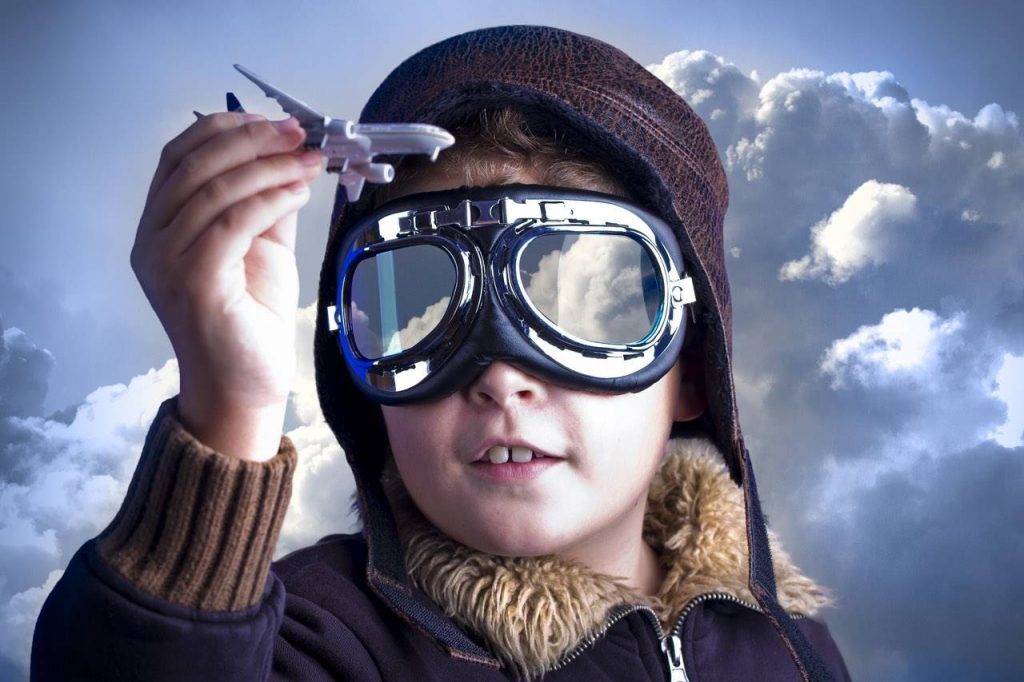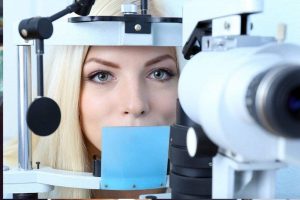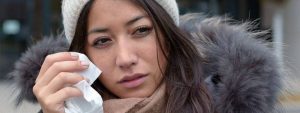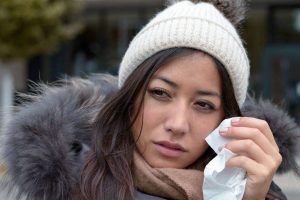The low levels of humidity in an airplane cabin cause aqueous tear evaporation to increase – resulting in eye dryness and discomfort.
Low levels of relative humidity, such as those found in airplane cabins, promote an increase in aqueous tear evaporation and a worsening of dry eye symptoms, according to a study published in Eye & Contact Lens.
The research was carried out at the University of Texas Southwestern Medical Center, where 29 people were analyzed. Eighteen of the participants had dry eye syndrome, while the other 11 were healthy. Each patient’s dry eye symptoms were similar in both eyes.
The study found that low humidity, such as on airplane flights, increases aqueous tear evaporation and may cause some form of dryness and discomfort.
Low humidity conditions, such as in airplane cabins during flight, cause an increase in tear evaporation that intensifies dry eye symptoms.
Any aqueous surface will evaporate if the humidity or environment is less than 100 percent. The higher the rate of evaporation, the lower the relative humidity.
SEE RELATED: Why is Dry Eye Worse in the Mornings?
If you suffer from dry eye, contact an eye doctor near you.
Tips to avoid dry eye while traveling
Here are some tips to help you avoid dry eye when traveling:
1. Stay hydrated
Dehydration has the potential to exacerbate dry eye problems.
Making sure you’re well hydrated at all times, by drinking before, during, and after your flight, can go a long way toward reducing dry eye symptoms.
2. Avoid or limit alcohol
Keep in mind that alcoholic beverages and caffeinated drinks like tea or coffee can cause fluid loss.
Therefore, those who prefer these types of beverages while flying should be sure to drink plenty of water to compensate.
3. Use eye drops
Another crucial line of protection against dry eye is artificial tears.
Artificial tears should be carried with you at all times during your flight so that you can apply them as needed.
4. Wear an eye mask
Sleeping on a plane can cause your eyes to become extremely dry.
If you plan on napping throughout your flight, use an eye mask.
This can help to reduce the amount of dry air that reaches your eyes while you sleep, minimizing the likelihood of having dry eyes when you wake up.
5. Avoid wearing contact lenses
Even under normal circumstances, wearing contact lenses can exacerbate dry eye symptoms.
This is especially true in particularly dry air conditions, such as those found in an airplane cabin.
To reduce risk, those who wear contact lenses should consider switching to glasses throughout the journey.
6. Close the air vent
Dry air is pushed directly into your eyes from the air conditioning vent above your seat.
The moving air can increase the evaporation of the tears and closing this vent, even partially, can help prevent dry eyes significantly.
LEARN MORE: Guide to Dry Eye
To avoid discomfort of dry eye on your next airplane trip, contact an eye doctor near you.
Ever wondered why your eyes feel dry after an airplane flight?
This is most likely due to the evaporation of your tears.








